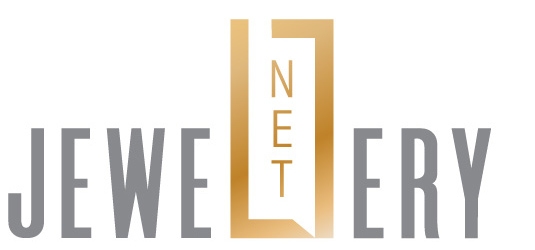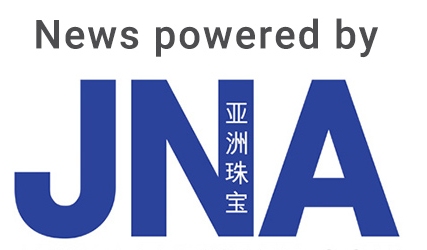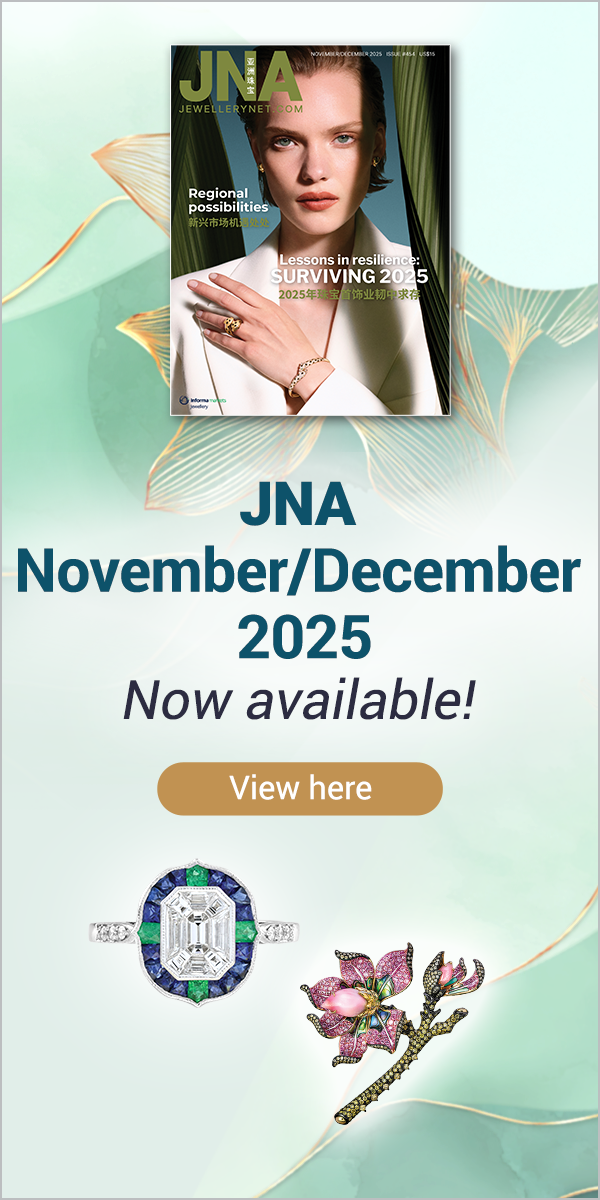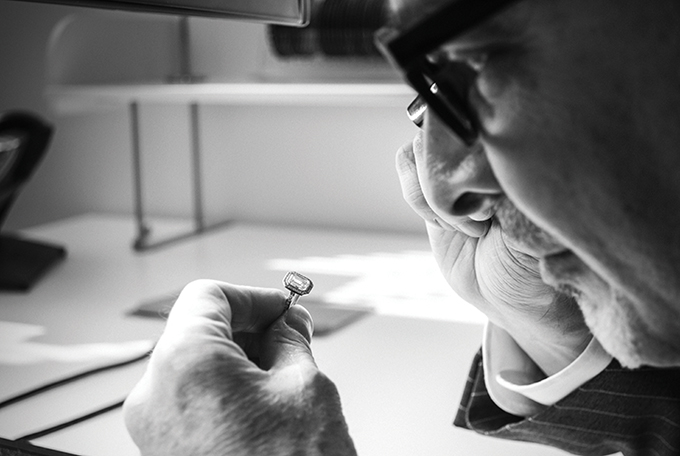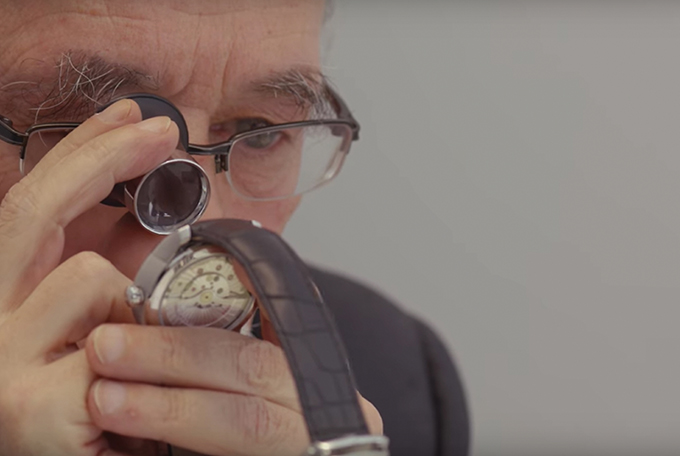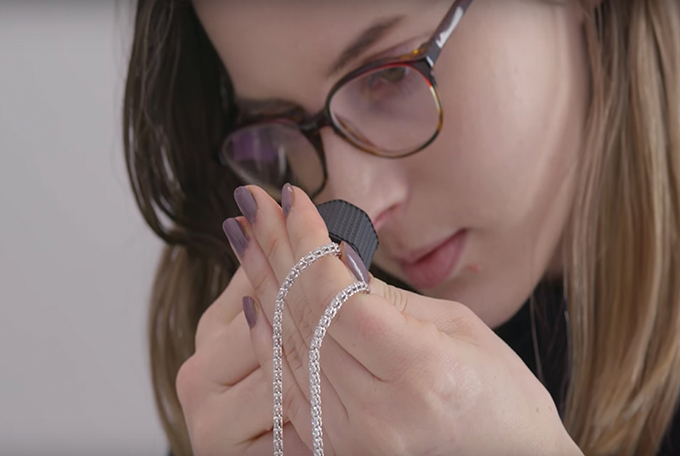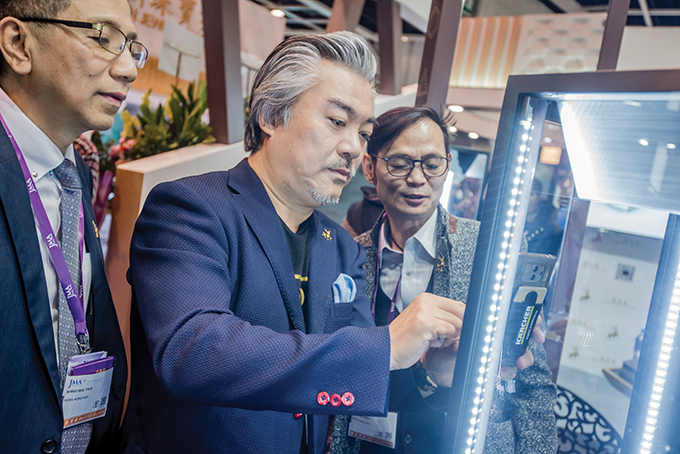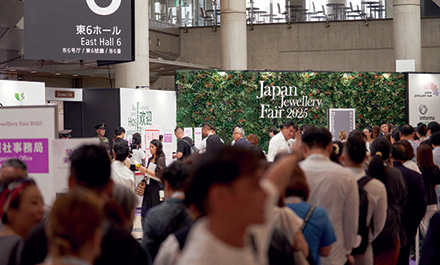The digital age has ushered in new business models, including the so-called ‘sharing economy’ system. The success stories of Uber
and Airbnb in this arena are particularly inspiring. With the Asian market for pre-owned jewellery and watches booming in recent years, jewellery recycling companies from Europe and the US have commenced operations in Hong Kong and local jewellers are tapping into this market by establishing business platforms based on the ideas of sharing and recycling.
The idea of reselling jewellery used to bring about negative connotations but with sustainability issues taking precedence in the global market today, trading of second-hand jewellery has become a trend.
Jewellery recycling companies like WP Diamonds are taking advantage of this change.
Founded in 2012 in New York, the company has offices in the US, the UK and Hong Kong. It is a division of White Pine Trading, an international diamond and jewellery recycling company.
Andrew Brown, president of WP Diamonds, said the company’s goal is to become the leading online buyer of recycled diamonds, jewellery and fine watches globally.
According to him, Asians used to buy higher-quality diamonds but they have since become value-oriented, similar to their American counterparts, over the years. He further commented, “Everyone loves the big brands like Tiffany, Cartier and Van Cleef & Arpels; that isn’t changing. Their products are under US$30,000 while our average price is US$5,000.”
The pre-owned market in the jewellery sector continues to grow. Brown sees a shift from product ownership to buying second-hand pieces or renting jewellery. “Look at Rent the Runway, Airbnb and ZipCar as prime examples. People are now buying products with a view to using them for a period of time and then reselling them to fund the next purchase,” he explained.
He added that the buying and selling of second-hand jewellery has been “destigmatised” as consumers are increasingly looking for value and getting a good deal. With the mentality of “trading out items faster than ever before,” consumers are clearing out their jewellery boxes out of practicality.
“Why hold on to something valuable that you no longer wear? These are practical decisions that savvy consumers are now making,” noted Brown. “The difficult part of the second-hand jewellery market is the authentication process. With a great deal of fake luxury watches and designer jewellery pieces out there, we have invested heavily in our team of diamond, jewellery and watch experts.”
Citing continuous global growth and expansion, especially in Asia, WP Diamonds said it is strengthening its business in mainland China and opening an office in Tokyo next year.
Last year also saw the birth of a new platform inspired by “sharing economy” and “big data” where buyers can obtain new jewellery pieces more often without actually purchasing new products.
Jewellery-Box, an online platform established by Dr. Terence Shih of Hong Kong-based Dai Sun Jewellery Company Ltd (DSJ) in 2018, allows customers to buy and exchange jewellery pieces unlimitedly.
Such a policy could invite deceit, with jewellery being luxury products, Shih admitted. However, with more than two decades of experience in the jewellery industry, a professional team and well-stocked inventory, DSJ can overcome such operational obstacles, he explained. Shih said the jewellery industry is facing a growth bottleneck while consumers have their own dilemma: They want to own new products but can’t get rid of outdated pieces. This is where Jewellery-Box comes in.
“You have to dare to try something new if you want to add value to a traditional industry. With Jewellery-Box, a buyer deals directly with the manufacturer without intermediaries. With products like cars and electronic gadgets, depreciation is inevitable as these wear out over time. It doesn’t happen with jewellery. A 3-carat diamond ring won’t weigh less after being worn a hundred times. Its value won’t go down; it may even go up,” he remarked.
A new model
Shih believes the future of the industry lies in the hands of the post-90s generation that’s why the Jewellery-Box team is made up of people from this demographic. “Only they know what consumers really want these days,” he said. With the Jewellery-Box mobile app, buyers can choose from thousands of jewellery pieces with a few clicks, exchange a product with equal value, or pay the price difference for a more expensive piece. Every piece of jewellery enters and leaves the company’s warehouse under strict quality control measures.
Such a new business model has made a splash in the industry. “During a show in Hong Kong last year, we were approached by jewellers from Ningbo, Xiamen and Chongqing, who wanted to join Jewellery-Box. We are now planning to open ‘experience stores’ in mainland China, in partnership with jewellers from about 20 Chinese cities,” Shih said.
Vintage in vogue
The younger generation of buyers with huge spending potential has been a target market of jewellery businesses for some time now, and their penchant for things unique has made vintage pieces fashionable.
International auction houses have responded to this trend, offering premium vintage pieces from prestigious brands in their sales. “Beyond Boundaries: Magnificent Jewels from a European Collection,” held by Christie’s in Geneva in November 2017, saw all the 110 vintage pieces it offered hammered down, at prices well above their estimates, with sales reaching CHF12.45 million (US$12.41 million).
Auction houses and online sellers have in recent years contributed to the popularity of vintage jewels, which are valued for their artistry as well as their provenance. “Many of our customers relish the excitement of treasure hunting, and often make a purchase because of the story or the history associated with a piece,” a representative of vintage specialist Aaron Faber Gallery shared in a previous interview.
